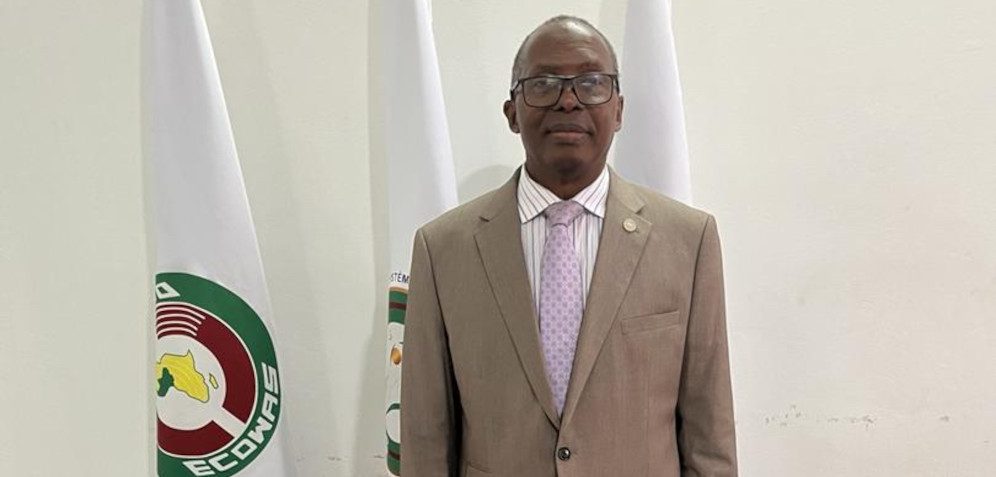SGCI News
[NAIROBI] A pan-African initiative to provide financial support to scientific research granting bodies has boosted the Sierra Leone Science, Technology and Innovation Council (NSTIC), helping it to become more recognized…
[NAIROBI] A pan-African initiative to provide financial support to scientific research granting bodies has boosted the Sierra Leone Science, Technology and Innovation Council (NSTIC), helping it to become more recognized and effective, said the chairman of the Sierra Leone Science Council.
Jonas Redwood-Sawyerr, President of the NSTIC, which reports to the Ministry of Technical and University Education and is a member of the Pan-African Initiative, emphasized the important role played by the Pan-African Initiative in helping the NSTIC launch its first call for research projects.
” Participating in the Scientific Research Granting Agencies Initiative (SRGI) has enabled Sierra Leone to obtain the necessary support to put in place research policies and strategies based on reliable data that will contribute to the country’s socio-economic development ,” he said.
IOSRS is a multilateral initiative set up in 2015 to strengthen the institutional skills of 17 public funding bodies for scientific research in sub-Saharan Africa. Its aim is to provide financial support for research and strategies based on reliable data to contribute to the economic and social development of countries.
IOSRS provides these councils with resources and training to help them fund and manage their research programs.
The Ebola pandemic of 2014-2015 had a major impact on NSTIC. During the crisis, the council became inactive, mainly because resources had to be allocated to other budget items and the pandemic crisis had to be dealt with urgently, said a government official.

Jonas Redwood-Sawyerr reported that the NSTIC had launched its first call for research projects through IOSRS, under the aegis of the Association of African Universities and the African Centre for Technical Studies, which also provided financial support.
He added that some actions, such as capacity building, training and workshops, were organized by IOSRS, without any financial support from the government.
However, he stressed that government financial support is crucial if these programs are to continue in the long term.
Jonas Redwood-Sawyerr stressed that the main function of the NSTIC is to promote science and technology with the aim of improving the quality of life of Sierra Leoneans, but that this will only be possible with a precise implementation plan.
” Financial resources will be needed to develop an action plan and to strengthen the skills of Council staff so that they can effectively oversee and monitor its implementation,” he concluded.
This article was produced with the support of International Development Research Centre (IDRC) .
Related News
Voices of SGCI: Council leaders on the direction and ambition of SGCI 3
At the African Union’s Science, Technology and Innovation Week in Addis Ababa, earlier this month, leaders of science granting councils reflected on what SGCI Phase 3 represents for Africa’s science and innovation systems. From ownership and alignment to stewardship and sustainability, here are their voices…
Building Africa’s science future: inside the SGCI alliance
As Phase 3 of the Science Granting Councils Initiative launches on the margins of the African Union Summit in Addis Ababa last week, the SGCI Alliance Chair explains why this moment marks a decisive turning point for African science. Cephas Adjei Mensah describes what is…
Open call: Support for science granting councils in Sub-Saharan Africa
The International Development Research Centre (IDRC), through the Science Granting Councils Initiative (SGCI), has launched a call for proposals to support science granting councils in Sub-Saharan Africa in the establishment and operationalisation of the Capacity Strengthening Hub under Phase III of the SGCI-3. The Hub…
SGCI funded projects
Rwanda’s integrated approach to sustainable agriculture and nutrition
Project Titles & Institution Areas of Research Number of Projects being funded Project Duration Grant Amount In-Kind Distribution Council Collaboration with other councils





